Category: Opinion
-
Implement Jonathan’s 2014 Confab report or conduct referendum to end agitations in Nigeria – Lawyer tells Tinubu
By Ovat Abeng A lawyer and human right activist, Barrister Sir Anthony Kelechi Agbasiere, has urged President Bola Ahmed Tinubu to implement the 2014 CONFAB… Read More

-
Calabar Residents Grieve as Historic Monolith Sculpture is Torn Down
The recent demolition of the iconic Monoliths sculpture at Zone 6 roundabout in Calabar has left residents and art enthusiasts in shock and disbelief. The… Read More
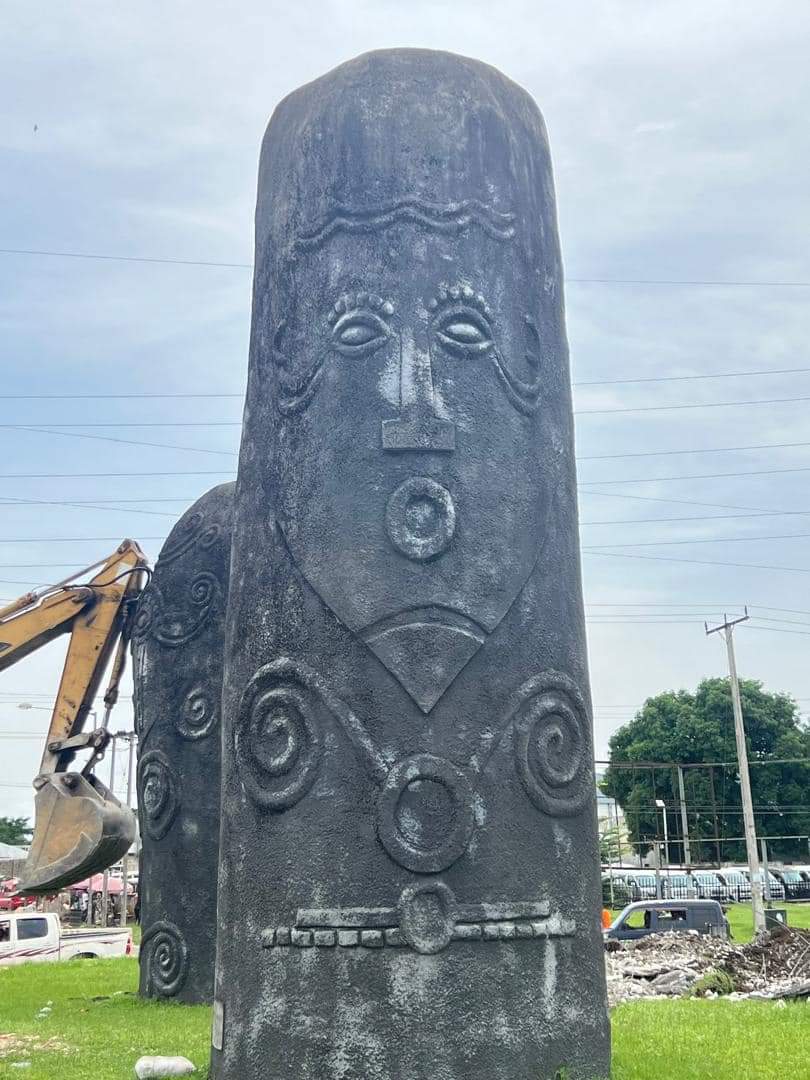
-
Nigeria can be free from bad leadership, crime only when we work with God – Knight Ezenwaji
By Ovat Abeng The President, Awka Diocesan Council of Knight, Anglican Communion, Anambra State, Sir Prof. Emmanuel Emelummadu Ezenwaji, has said that Nigeria can be… Read More
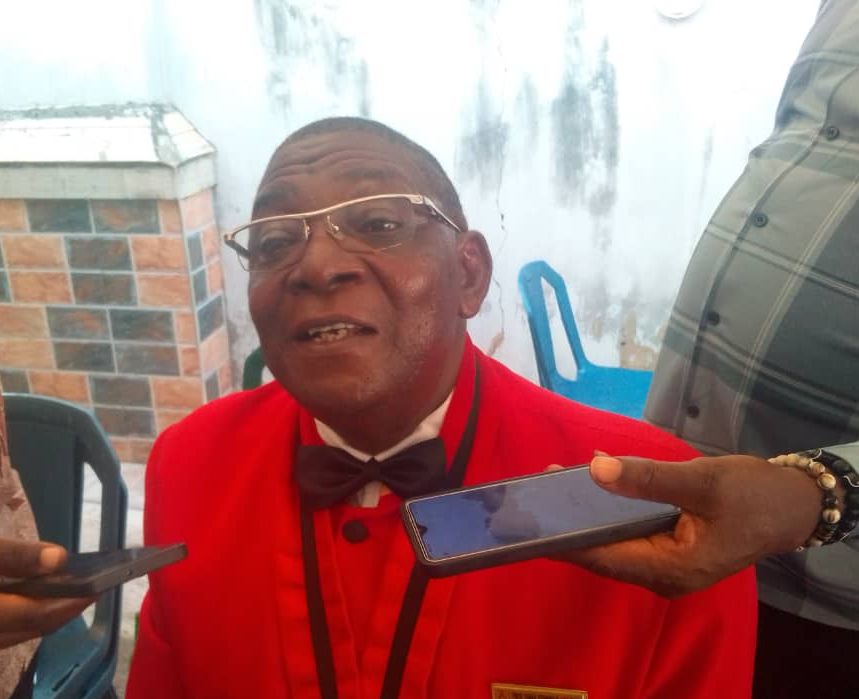
-
For things to get better in Nigeria, political leaders must be selfless – Prof Irefin
By Kelvin Obambon For Nigeria to attain all round prosperity, social and political stability, the country’s leadership at all levels must work according to… Read More
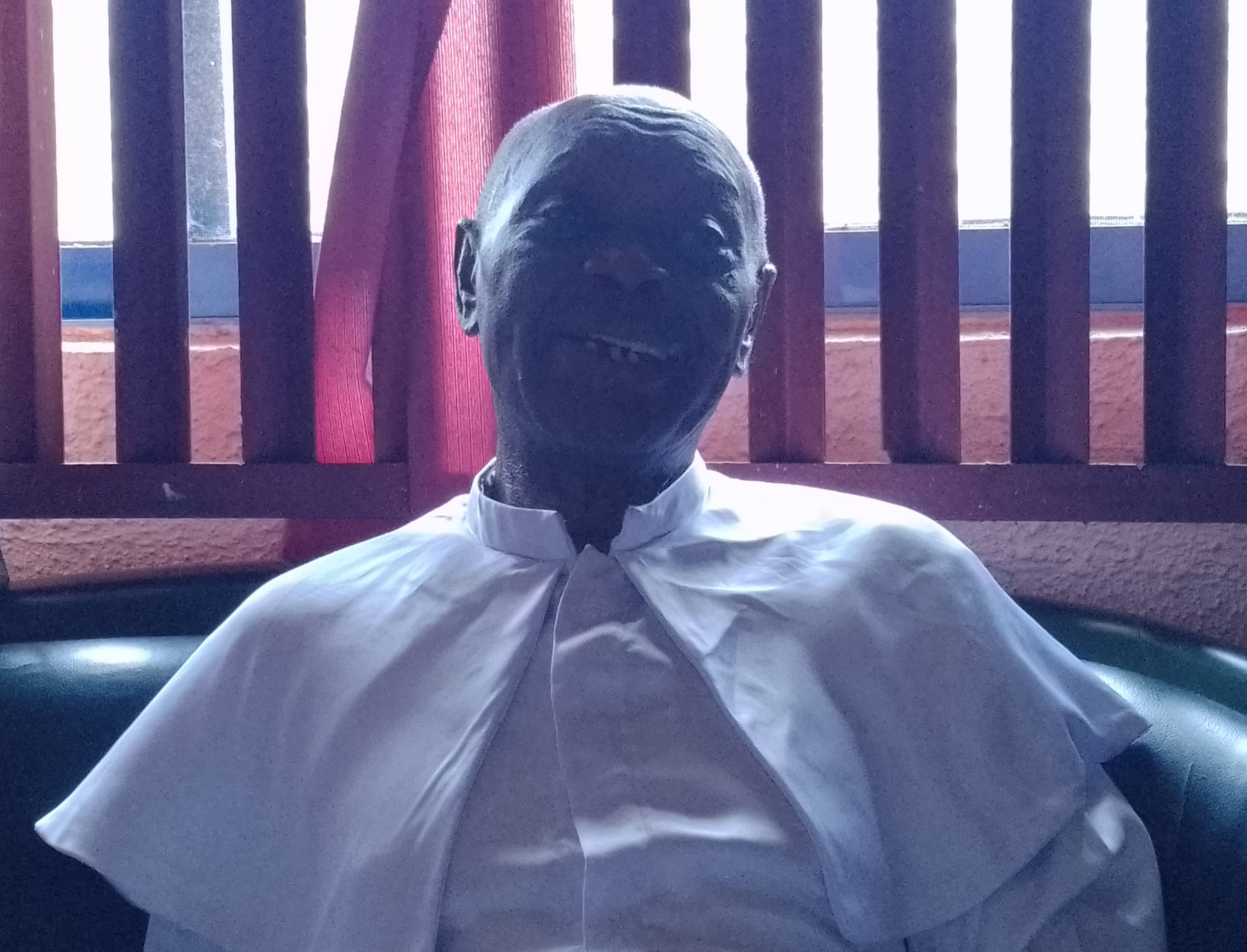
-
Hon Stanley Bassey Okon Nsemo Leads Efforts for Comprehensive Development Master Plan in Cross River State
Hon. Stanley Bassey Okon Nsemo, representing Calabar Municipality, spearheads a landmark initiative to foster holistic development across Cross River State. Joined by esteemed co-sponsors including… Read More
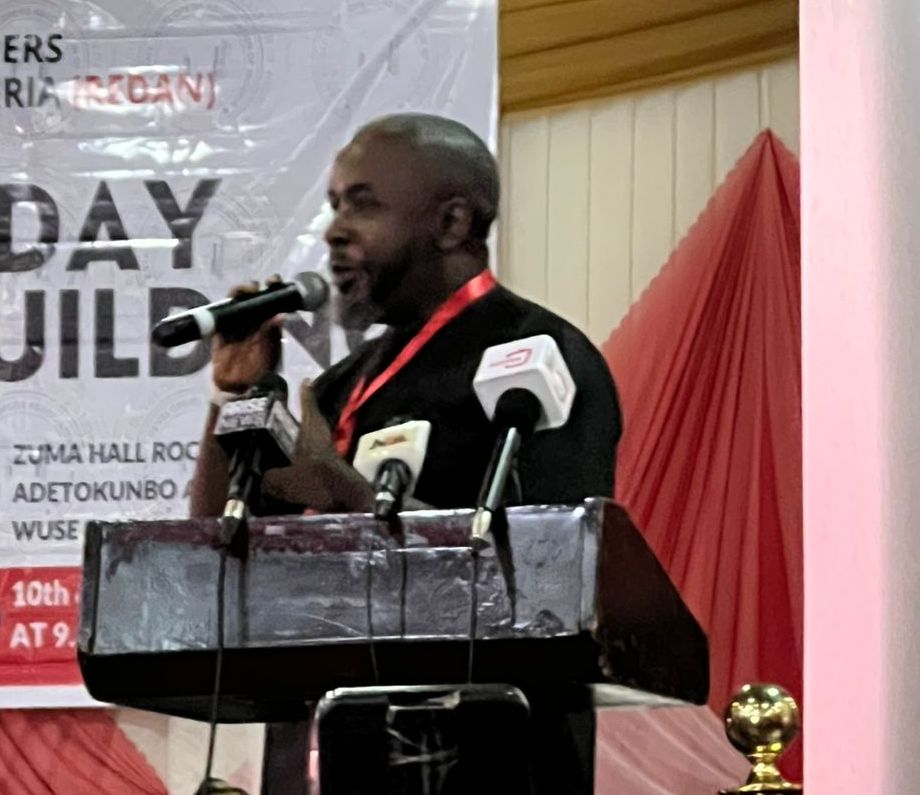
-
Dr Janet Ekpenyong: Celebrating A Dynamic Humanitarian and Professional
It’s April 24th, the birth date of one of Cross River’s young and emerging leaders, Dr Janet Ekpenyong who currently serves as the Deputy Coordinator,… Read More

-
Interview: Soludo hates Anambra journalists with passion – NUJ Chairman
By Ovat Abeng Odogwu Emeka Odogwu PhD, JP is the Chairman of Nigeria Union of Journalists (NUJ) Anambra State. Dr Odogwu is also a lecturer… Read More
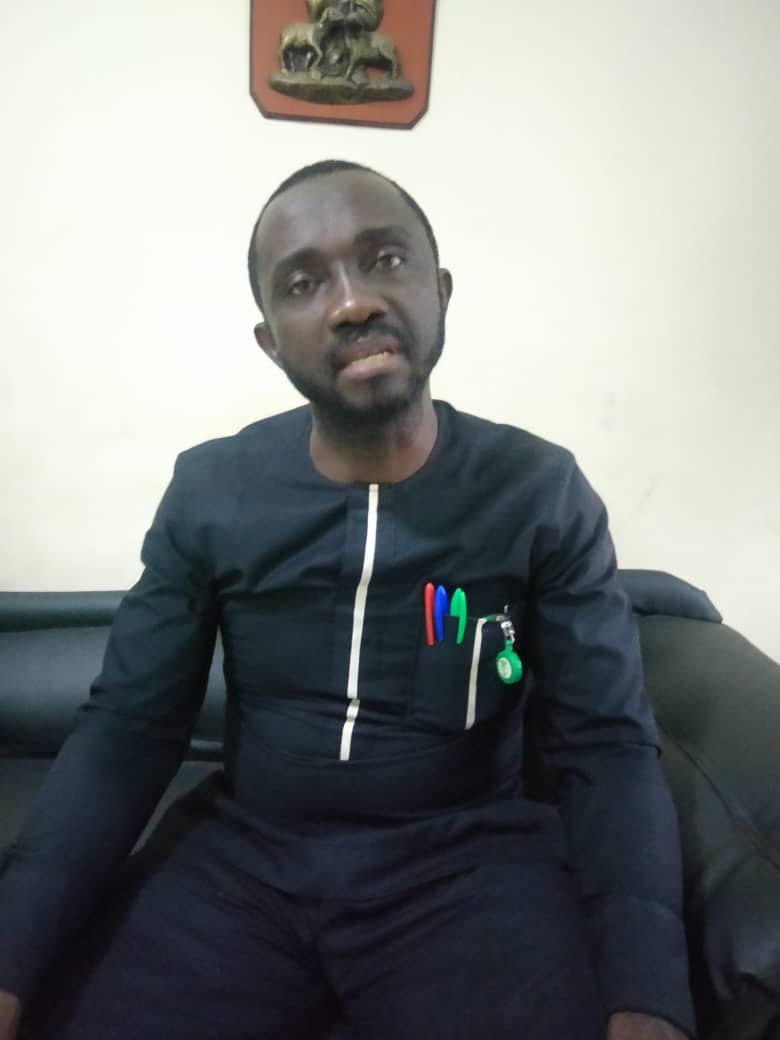
-
Bekwarra Group Expresses Concerns Over Political Dynamics in Cross River North
…Calls for Caution in Political Relationships A socio-political organization based in Bekwarra, known as the Bekwarra Concerned Group (BCG), has issued a statement cautioning against… Read More
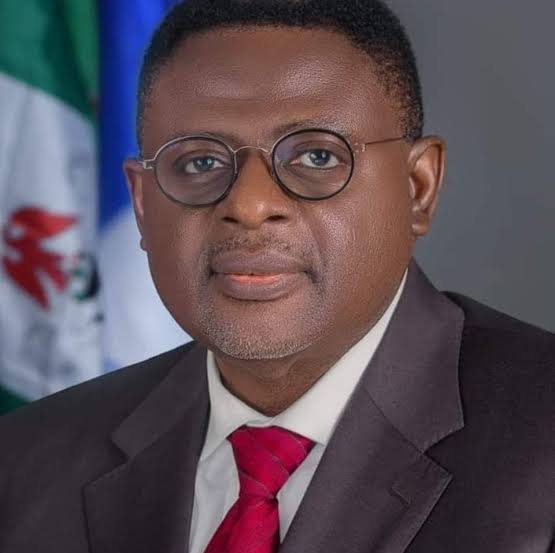
-
Why Otu Allocated over 10 Percent to Health in 2024 Budget
By Our Reporter The Special Adviser to Gov Bassey Otu on health, Dr Ekpo Ekpo Bassey, has said that over 10 percent was allocated to… Read More
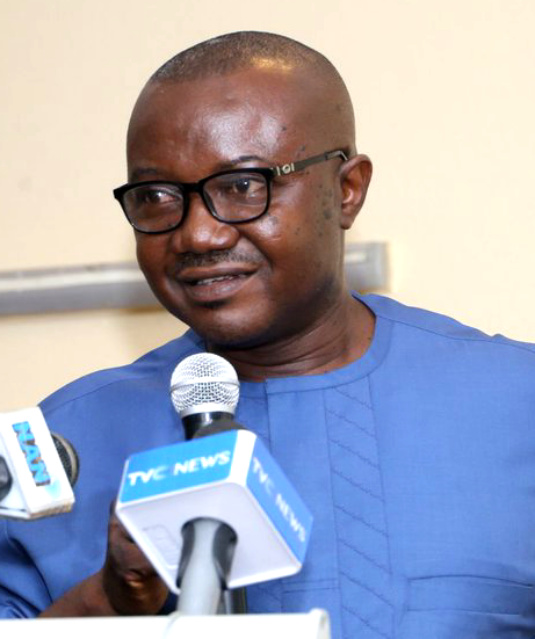
-
Mrs Soludo Donates Cartoons of Multivitamin Supplements To Over 26,000 Elderly Persons In Anambra
By Ovat Abeng Wife of the Anambra State Governor, Mrs Nonye Soludo, has donates a total of twenty seven thousand cartoons of multivitamin supplements to… Read More
